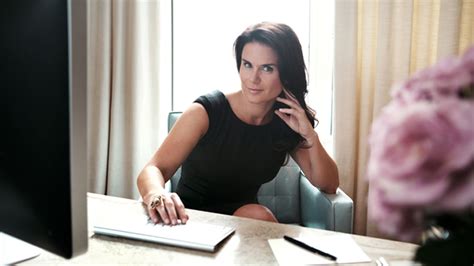A Quote by Rana el Kaliouby
Many people with autism struggle with reading nonverbal cues and acting on them. When you lose that ability to understand and process nonverbal cues, you're at a huge disadvantage socially.
Related Quotes
Some findings reveal extroverts as more adept at reading nonverbal cues, and attribute this to the extrovert's greater interest and experience with social interactions. Another line of research using subliminal images of facial emotion found introverts to be more sensitive to the differences, and hypothesized that this may be why introverts regulate the amount of incoming social information.
I was nonverbal until I was four years old. Back in the 50s, I was the kind of kid they used to just put away in an institution. But then you get the milder autism where there's no speech delay, but they're socially awkward. Those kids were around when I was a child. They were just called geeks and nerds.
The main theme to emerge... is that there appear to be two modes of thinking, verbal and nonverbal, represented rather separately in left and right hemispheres respectively and that our education system, as well as science in general, tends to neglect the nonverbal form of intellect. What it comes down to is that modern society discriminates against the right hemisphere.


































